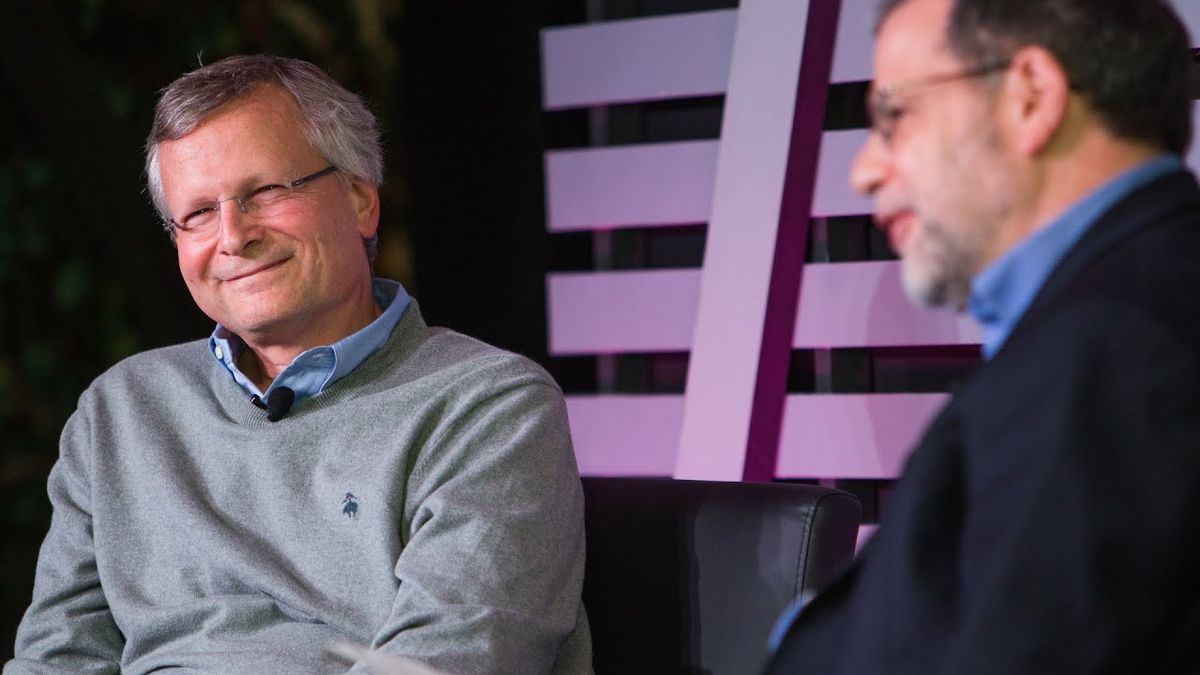Dani Rodrik on Why the World is Second Best, at Best | Conversations with Tyler

In a riveting discussion between Tyler Cowen and Dani Rodrik, they delve into a variety of topics including premature deindustrialization, the world’s trilemmas, and the political economy of John le Carré.
Rodrik shares his insights on the unique role of manufacturing, the state of democracy, and the challenges facing developing countries.
Culture and Economics
While there is a growing trend of incorporating culture into economic theories, Rodrik remains skeptical about its value.
He believes that rich countries should be more open to immigration from poorer countries, given the restrictive nature of current immigration policies.
I think the last thing that we outsiders should do is second-guess the wisdom of Chinese economic policymaking. We’re talking about the country that has engineered history’s most miraculous poverty reduction program ever. – Dani Rodrik
Importance of Liberal Democracy
Liberal democracy, which not only reflects the views of the median voter but also ensures equal treatment of minorities, is crucial.
However, the liberal element of democracy is missing in many countries, leading to the unequal treatment of minorities.
State of Democracy
Liberal democracy, which not only reflects the views of the median voter but also ensures equal treatment of minorities, is crucial.
However, the liberal element of democracy is missing in many countries, leading to the unequal treatment of minorities.
Lebanon’s Liberal Democracy
Lebanon serves as an example of a liberal democracy that functioned due to the presence of many different groups and cross-cutting cleavages.
The system worked because no individual group could dominate indefinitely, fostering a culture of compromise and moderation.
Premature Deindustrialization
Premature deindustrialization is a phenomenon where poorer nations may find it challenging to industrialize due to factors such as automation and competitive trade with wealthier nations.
This could hinder their ability to replicate the rapid economic growth experienced by East and Southeast Asian countries.
Given how restrictive and how high these barriers are at the moment, at the margin, to me it’s a relatively easy answer. Which is to say, yes, at this point, it makes sense for rich countries to take in more people from the poor countries. – Dani Rodrik
Rodrik’s Trilemma
Rodrik’s trilemma of the world economy suggests that democracy, national sovereignty, and global economic integration are mutually incompatible.
We can combine any two of the three, but never have all three simultaneously and in full.
This trilemma presents a significant challenge for regions like the eurozone.
Kurdish Issue in Turkey
A compromise on the Kurdish issue in Turkey is possible and full independence is neither in the Kurds’ interests nor likely to happen.
The current Turkish government has been criticized for exploiting the Kurdish problem to build up its nationalist base.
Rodrik’s Views on Orhan Pamuk
Rodrik finds Turkish author Orhan Pamuk’s novels convoluted and difficult to finish.
However, he expresses admiration for authors like John le Carré, Ian McEwan, and Jonathan Franzen.
Shift from Cosmopolitanism to Nationalism
The Eastern Mediterranean has witnessed a significant shift from a cosmopolitan society to a more nationalistic one.
This change, attributed to the rise of nationalism and the creation of the nation-state, has had profound implications on the rights of minorities.
Rodrik’s Work and Worldview
Rodrik’s work is driven by the question of why Turkey hasn’t become a fully free and modern society.
He has a realistic view of how government agencies operate, which aligns with le Carré’s depiction of bureaucracies.
Role of Manufacturing in Economic Development
Manufacturing is special because it is the sector where the most rapid productivity gains can be made.
Premature deindustrialization, where countries deindustrialize before they have become rich, is a major challenge for developing countries.
Significance of Manufacturing
Manufacturing plays a pivotal role in economic growth as it can rapidly absorb a large number of unskilled workers, significantly boosting their productivity.
Unlike services, manufacturing allows for the import of inputs and export of outputs, eliminating the need for an economy to develop an entire industrial complex or rely on domestic demand.




